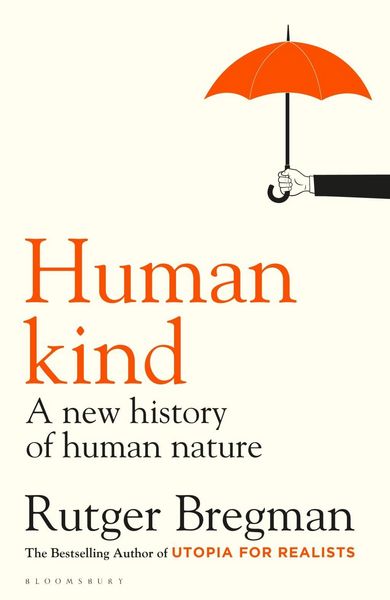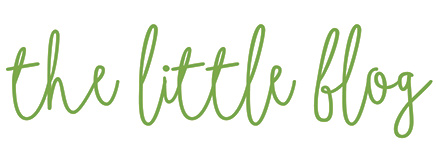
(résumé en français ci-dessous)
What it is about:
Human beings, we’re taught, are by nature selfish and governed by self-interest. This belief unites people around the (Western) world. It drives the headlines surrounding us and the laws touching our lives.
But are we?
Humankind makes a new argument: that it is realistic and revolutionary to assume that people are good. By thinking the worst of others, we also bring out the worst in our politics and economics.
Author Rutger Bregman takes some of the world’s most famous studies and events and reframes them, providing a new perspective on the last 200,000 years of human history. He sets out to prove that we are programmed for kindness, cooperation and trust rather than distrust and competition. He shows how believing in human kindness and altruism can be a new way to think – and act as the foundation for achieving actual change in our society.
Why we love it:
We love it because it gives a scientific, research-backed background to our optimistic outlook on life. We love it because it shows how people who believe in kindness can change the world. We love it because it replaces the cynical view that people are nasty and selfish with a positive and uplifting perspective.
At Little Green House, we’ve always thought that people are inherently good and that the world is better if we meet one another assuming that people are innately kind. Rutger Bregman proves that this is not naive but human nature (at least in most cases). It just needs to be cultivated. At Little Green House, we try to do this every day. We’d love Little Green House children to become happy, creative, free- and democratic-thinking citizens of tomorrow. We’d love them (and our teams) to be united by shared values. And we’d love all of us to “be the change we wish to see in the world.” (as Gandhi already said)
Where to buy:
Orell Füssli (German version)
Orell Füssli (English version)
Payot (French version)
De quoi s’agit-il ?
On nous enseigne que les êtres humains sont par nature égoïstes et guidés par l’intérêt personnel. Cette croyance est largement partagée dans le monde (occidental). Elle influence les gros titres qui nous entourent et les lois qui régissent notre quotidien.
Mais est-ce vraiment le cas ?
HumanKind défend une thèse nouvelle : qu’il est à la fois réaliste et révolutionnaire de partir du principe que les gens sont fondamentalement bons. En supposant le pire chez les autres, nous faisons aussi ressortir le pire dans notre politique et notre économie.
L’auteur, Rutger Bregman, revisite certaines des études et des événements les plus célèbres au monde pour proposer une autre lecture des 200 000 dernières années d’histoire humaine. Il cherche à démontrer que nous sommes programmés pour la gentillesse, la coopération et la confiance – bien plus que pour la méfiance ou la compétition. Il montre comment croire en la bonté et en l’altruisme humains peut ouvrir la voie à une nouvelle manière de penser – et servir de base pour générer un véritable changement dans notre société.
Pourquoi on l’aime :
On l’aime parce qu’il donne un fondement scientifique et documenté à notre vision optimiste de la vie. On l’aime parce qu’il montre que ceux qui croient en la gentillesse peuvent changer le monde. On l’aime parce qu’il remplace une vision cynique des humains – vus comme méchants et égoïstes – par une perspective positive et inspirante.
Chez Little Green House, nous avons toujours pensé que les êtres humains sont fondamentalement bons, et que le monde s’en porte mieux si nous nous rencontrons en partant du principe que chacun est animé par la bienveillance. Rutger Bregman prouve que ce n’est pas naïf – c’est dans la nature humaine (du moins dans la majorité des cas). Il suffit de cultiver cette disposition. Et c’est ce que nous essayons de faire chaque jour chez Little Green House.
Nous rêvons que les enfants de Little Green House deviennent des citoyens heureux, créatifs, libres et capables de penser de manière démocratique. Nous rêvons qu’ils partagent, avec nos équipes, des valeurs communes. Et nous rêvons que chacun de nous puisse « être le changement qu’il veut voir dans le monde » (comme le disait déjà Gandhi).
Où l’acheter :
Orell Füssli (allemand)
Orell Füssli (anglais)
Payot (français)
